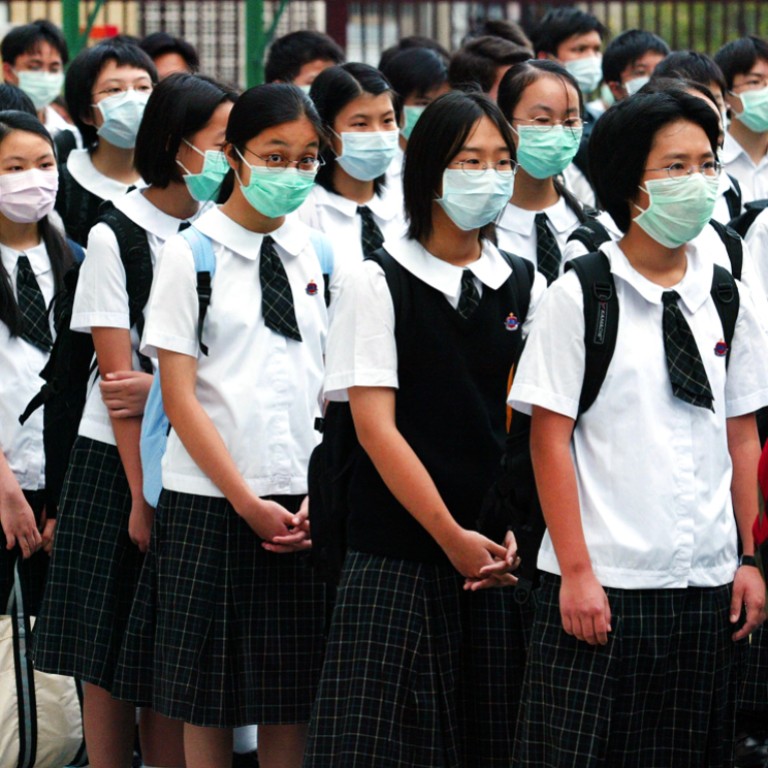
Mers case brings back memories of Hong Kong's Sars outbreak
A man who has lived in Hong Kong since 1993 yesterday recalled being put in isolation for five days after falling ill in 2004 - a year after the city dealt with the deadly outbreak of severe acute respiratory syndrome (Sars).
A man who has lived in Hong Kong since 1993 yesterday recalled being put in isolation for five days after falling ill in 2004 - a year after the city dealt with the deadly outbreak of severe acute respiratory syndrome (Sars).
"I was living in Hong Kong during Sars, so the measures they took in my case made sense," he said.
As Hong Kong goes on the alert after China's first case of Middle East respiratory syndrome (Mers) was confirmed in a South Korean man who passed through Hong Kong before going to the mainland, the 44-year-old art director, who wanted to remain anonymous, recalled the time when the city was still reeling from the impact of Sars.
Mers is caused by a coronavirus from the same family as the one that caused Sars.
In 2003, Sars infected 1,755 people in Hong Kong, killing 299, permanently scarring on the city's psyche. The contagious virus turned the city into a ghost town as schools closed and the economy ground to a halt. Apart from the mainland with 349 deaths and 5,328 known cases - Hong Kong was hit the hardest.
A year after Hong Kong's Sars outbreak, the man felt ill a few days after returning to Hong Kong from a holiday in Malaysia. "I lived in North Point then. That day, I started walking to work in Quarry Bay, and by the time I arrive, I felt so rough I walked right into a doctor's clinic," he said.
After one look at him, the doctor told him to take a taxi straight to hospital, the man said.
At Pamela Youde Nethersole Eastern Hospital in Chai Wan, the man recalled feeling very wobbly. He was asked a lot of questions and quickly passed through the accident and emergency unit.
"Ten minutes after I walked into A&E, I was already wheeled into isolation ... for what I thought would be just a few hours," he said. It turned into five days in the isolation ward, where he was subjected to multiple tests.
He was on heavy antibiotics before he started feeling better on the third day, and the doctors detained him for another two days to make sure he was clear of any viruses.
The test results confirmed he did not have Sars, but he said he understood why the authorities took such precautions.
"I thought the authorities handling my case were very professional. To me, the decisions were logical," the man said.
There is no cure for Sars, nor is there a cure or vaccine for Mers. Mers' fatality rate is 30 to 40 per cent - much higher than Sars' 10 per cent, and its incubation period is two to 14 days.
Authorities have quarantined 18 people, with another 17 under surveillance, after a South Korean man arrived in Hong Kong last Tuesday and travelled straight to Huizhou , Guangdong, on the same day.
He was already on medical surveillance before he left South Korea, after two of his relatives were confirmed to have Mers.
